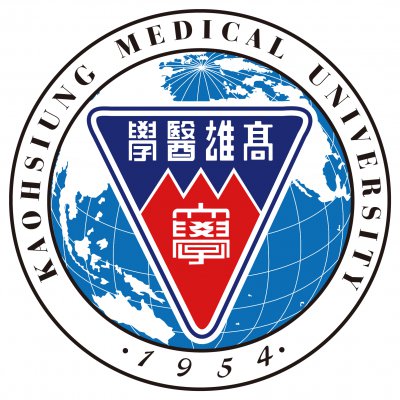
Kaohsiung Medical University
Kaohsiung Medical UniversityKaohsiung Medical University is a leading medical school in southern Taiwan and the Asia-Pacific region, with over seventy years of history in medical excellence. The strength of KMU lies in its outstanding students, as we recruit the best students from across the country every year. The university is not only a training institution for healthcare professionals but also an exceptional center for nurturing the most outstanding medical talent and leaders, with the goal of advancing societal progress.
Methods for the Assessment of Drug Dosage
Solution Description
The "Dosage Evaluation Method" applies AI technology to assess dosages for high-risk medications, using Vancomycin as an example. This method addresses limitations in clinical practice, where dosages are typically determined by physician experience or population pharmacokinetic parameters, which may not account for individual patient variability. Although several AI-based prediction models for dosage evaluation currently exist, most of these models directly suggest dosages, often without fully considering physician expertise. The innovation of this method lies in its approach to validating only the physician-selected dosage, providing reference feedback without influencing the physician’s final decision. This design not only respects the physician’s professional judgment but also enhances the safety of medication administration.
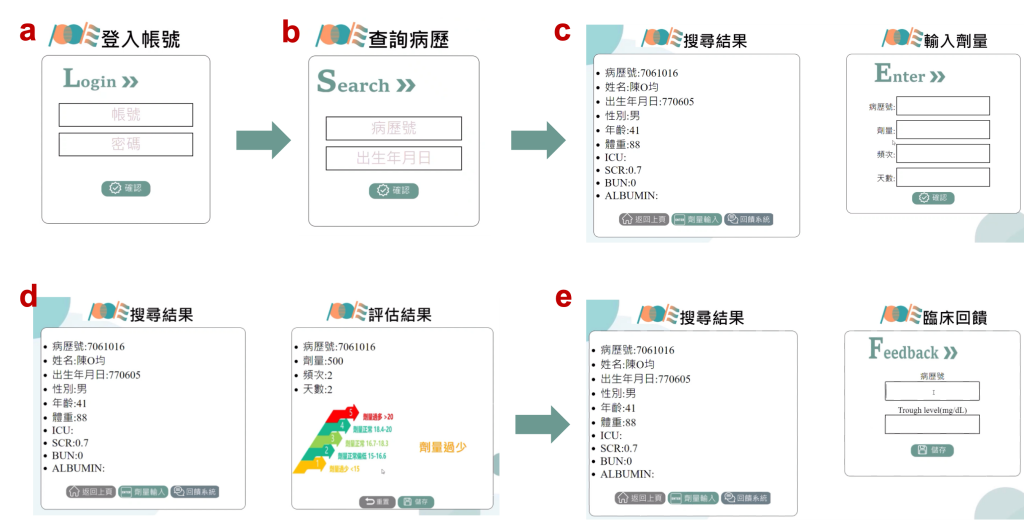
Download
Solutions
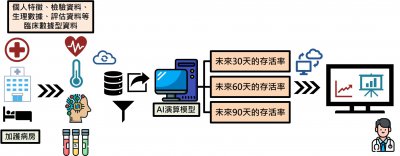



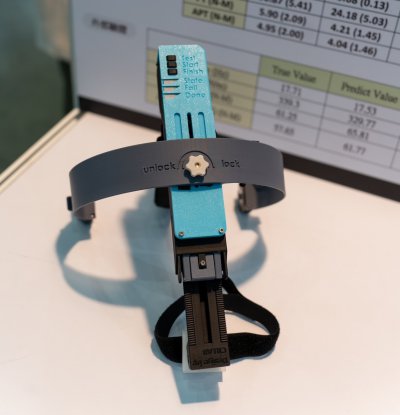

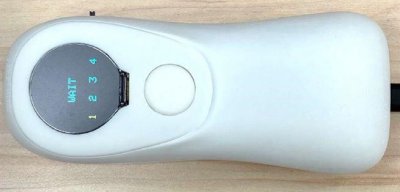

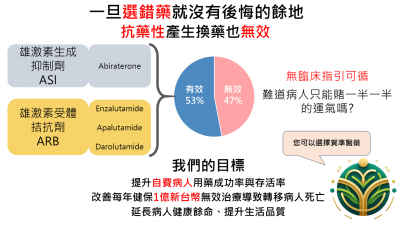


 、Firefox
、Firefox  、Edge
、Edge  瀏覽器!
瀏覽器!